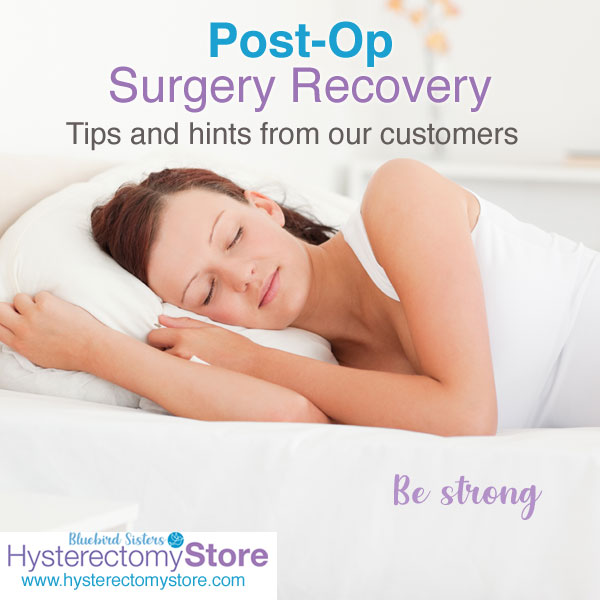Although hormone replacement therapy (HRT) is considered a safe and effective way to treat perimenopause symptoms, it still carries certain risks.
Because of this, many people have turned to home remedies and other holistic methods to help ease their symptoms.
While some of these therapies are backed by clinical research, many others have only scant or anecdotal evidence to support their use.
Always talk to your doctor or other healthcare provider before you try any alternative treatment. They can discuss possible dosage, side effects, and interactions with you.
Diet Changes
When you’re going through perimenopause, you may find that what you eat triggers certain symptoms.
Spiking blood sugar levels, for example, can lead to irritability and zap your energy. Dehydration can lead to increased hot flashes. And eating food high in sodium can make you retain water, making you feel bloated.
You may find that reducing the amount of refined, processed, and preservative-heavy foods in your diet improves how you feel.
Cut down on caffeine, alcohol, and spicy food
Limiting stimulants like coffee and tea may help reduce hot flashes. Spicy food may alsocontribute to the feeling of heat rising in your body.
Alcohol has been linked to making hot flashes worse, so indulge in moderation or cut it out completely.
Up your intake of calcium and vitamin D
As you age, your risk of osteoporosis increases. Vitamin D, which helps your body absorb calcium, is also essential. Consuming foods rich in calcium and vitamin D won’t just make your bones stronger, but can also boost your mood.
Read more…. Try This: 36 Alternatives to Hormone Replacement Therapy (HRT)
Shutterstock/speedkingz







